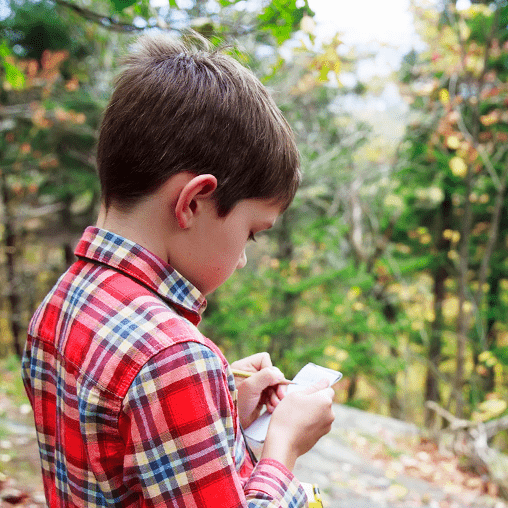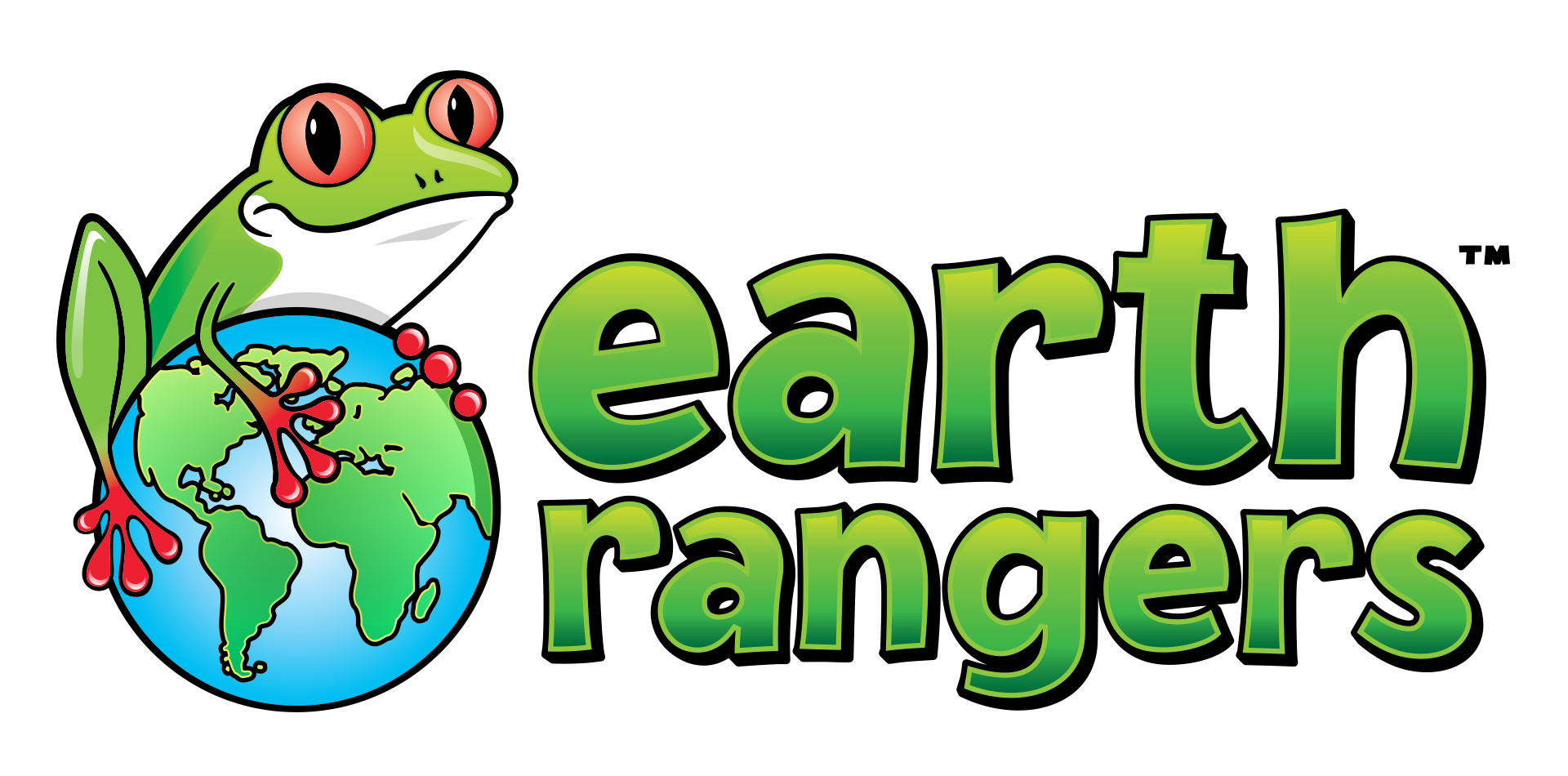Habitat Detective

Habitats play a big part in the kinds of animals and plants you see. Grab your trusty notebook because we’re going exploring! Let’s find out what habitats are near you!
Here’s what you need:
- A notebook or paper to take notes
- Something to write with like a pencil, pen, or marker
- Your favourite outdoor space
- Friends or family to join you
Here’s how you do it:
Step 1:
Make your way to your favourite outdoor space. It could be your local park, a walking trail, a beach, or even your backyard!
Step 2:
Start exploring and looking for clues! Can you spot any animals in the trees or bushes? Are there any signs or tracks in the snow or mud? Would this spot be a good place for an animal to make its home?
Don’t worry about taking notes right now, just try to understand the space you’re in!
Step 3:
Grab your writing tools and start jotting down the things you see. Here are some questions to help you get started:
Is it wet or dry?
Is there water nearby?
Does it get lots of rain or snow?
What is the temperature like most of the year?
Are there lots of plants for hungry animals to eat?
Are there lots of trees?
Do you see mountains or BIG rocks?
What kinds of animals do you see?
Step 4:
Read through the descriptions to help you figure out where you’re hanging out. Where does your greenspace fit? If you’re still not sure, work with an adult to look it up online.
Wetland
A wetland is a very wet and soggy place with tons of plants! They can be found in lots of regions, some more temperate than others. Some of the most common animals you’ll find are frogs and bugs!
Grassland
Grasslands are dry and grassy! They don’t get much rain and are found in flat, well-drained regions. Here, you’ll find animals like prairie dogs, bison, and lots of different types of birds.
Rivers and Lakes
Rivers and lakes are filled with lots of plants and animals; you might just have to go underwater to see them. If that’s not for you, you might spot some floating plants like lily pads, or catch a glimpse of a shorebird looking for food.
Forests
There are lots of different types of forests: hot and rainy tropical forests, cold and snowy boreal forests, and temperate forests, which fall somewhere in between. The one thing they all have in common is lots and lots of trees!
Tundra
The tundra can be a harsh place. With cold temperatures and a short growing season, you won’t see many plants (especially trees). Tundras are found in the Arctic, Antarctic, and on mountains!
Marine
These are ocean habitats. There are lots of different types: deep underwater, shallow coral reefs, kelp forests, shores, and more. The waters tend to be salty and they usually get lots of rain.
Once you’ve figured it out, let us know what you discovered in the comments!


I’m going to do it soon don’t worry
I like the water ones!